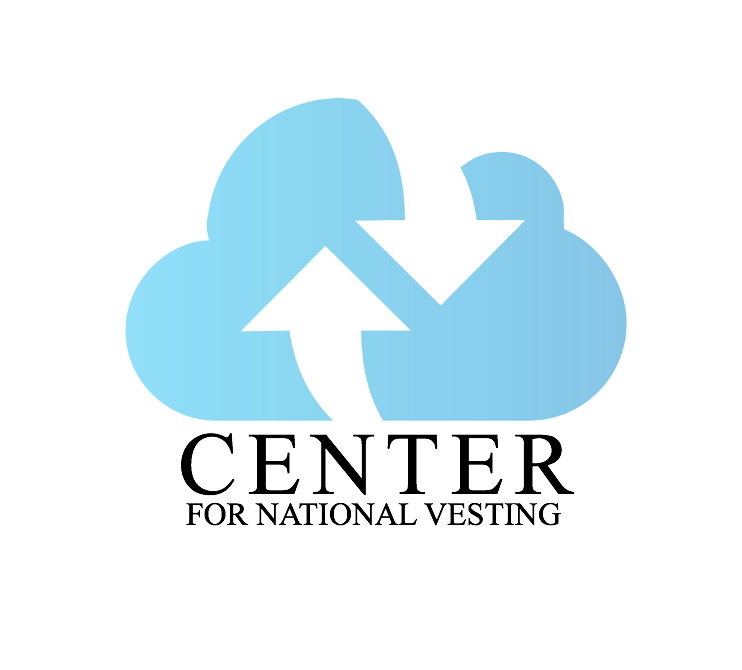Students can benefit from a vested economic plan
If it’s not bad enough that the steep cost of college shuts out millions of young people, now along comes scams involving those seeking master’s degrees.
The Wall Street Journal reported recently that “…recent film program graduates of Columbia University who took out federal student loans had a median debt of $181,000.”
The story goes on to say that two years after earning their master’s degrees, “half of the borrowers were making less than $30,000 a year.”
Excuse me? That’s utterly unacceptable and points not just to greed among elite universities, but desperation among graduate students seeking brighter futures.
Higher ed has long been an issue of concern for us at the Center of National Vesting. And while we were heartened at the White House’s announcement last spring calling for $109 billion for two years of free community college, we’re not confident it will actually take hold.
While well intentioned, it may not be realistically take place given the penchant for partisan bickering on Capitol Hill. The fact is that even community college is out of reach for students, many of whom would rather enter the workforce following high school than accumulate crushing debt.
As we noted in earlier posts, the average student loan debt topped $37,500 in 2020, according to Investopedia. And they owe nearly $1.6 trillion, according to the Federal Reserve Bank of New York.
But rest assured there is a viable solution.
At CNV, we maintain that universal education doesn’t have to be out of reach. And that doesn’t mean raising taxes to fund universal education. Robert Whitehair, founder of the Center for National Vesting, has found, through his mathematical formulas, what he calls “a market surplus that now exceeds $15 trillion per year.”
Whitehair says that we need to equitably apply the market surplus every American produces and distribute it back to them. In short, national vesting is the future of our country.
Vested economics will enable our country to erase roughly $1 trillion in college debt without raising taxes on anyone.
And that means a brighter future for all future college students.

